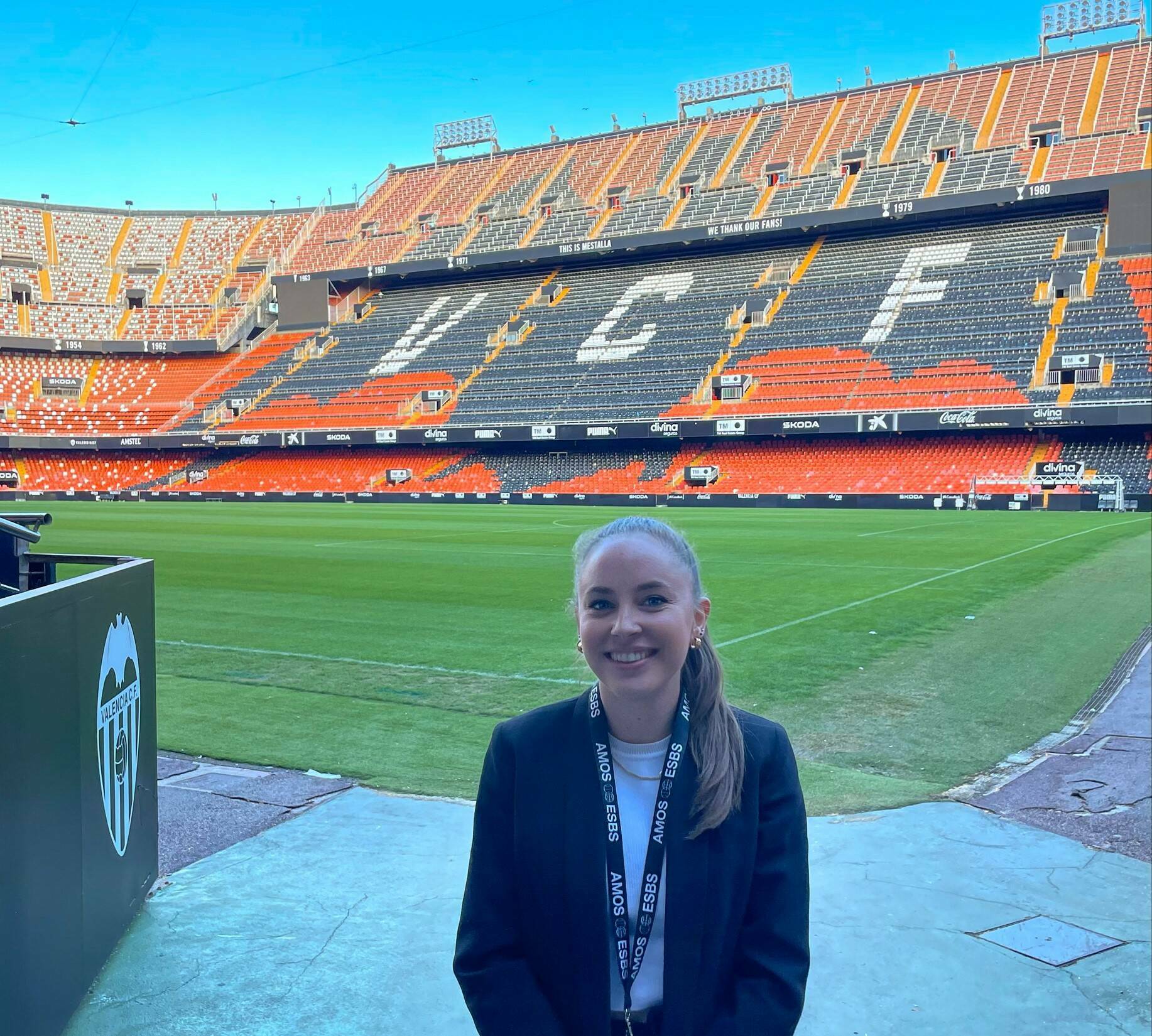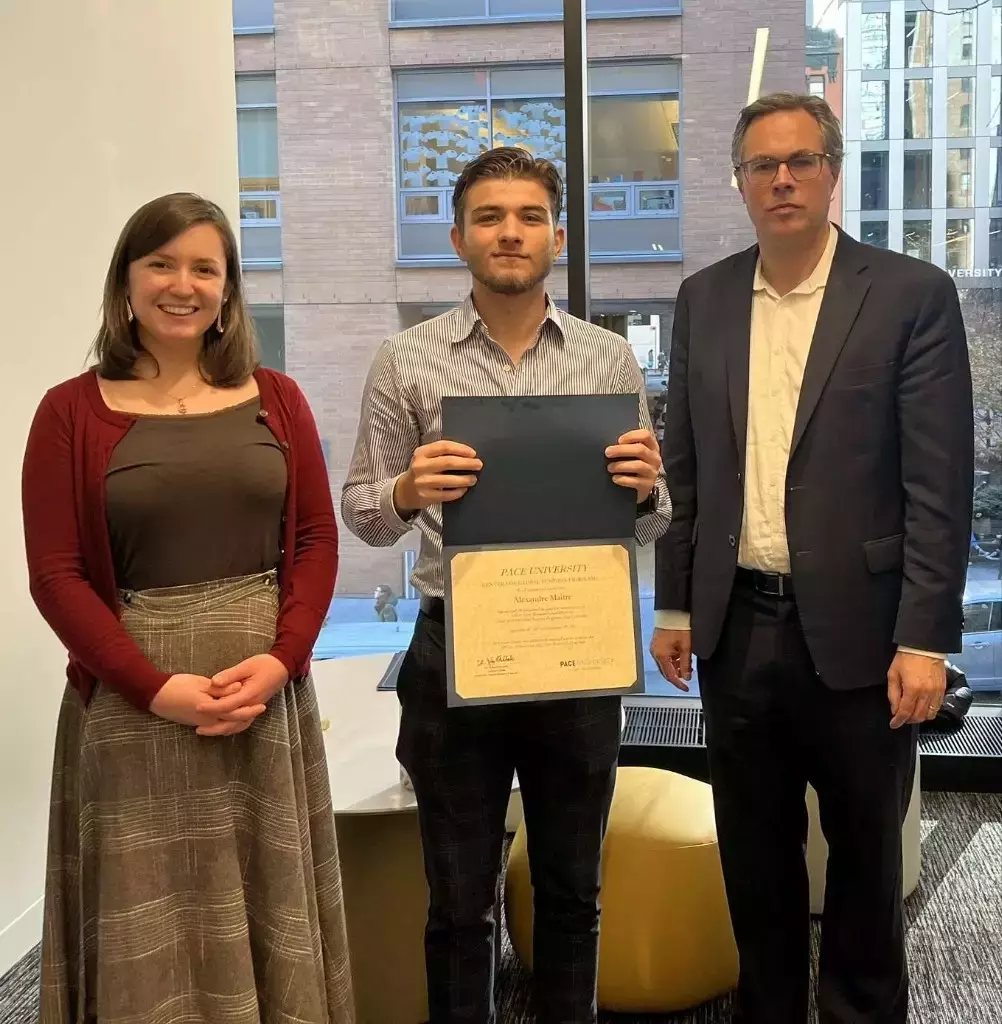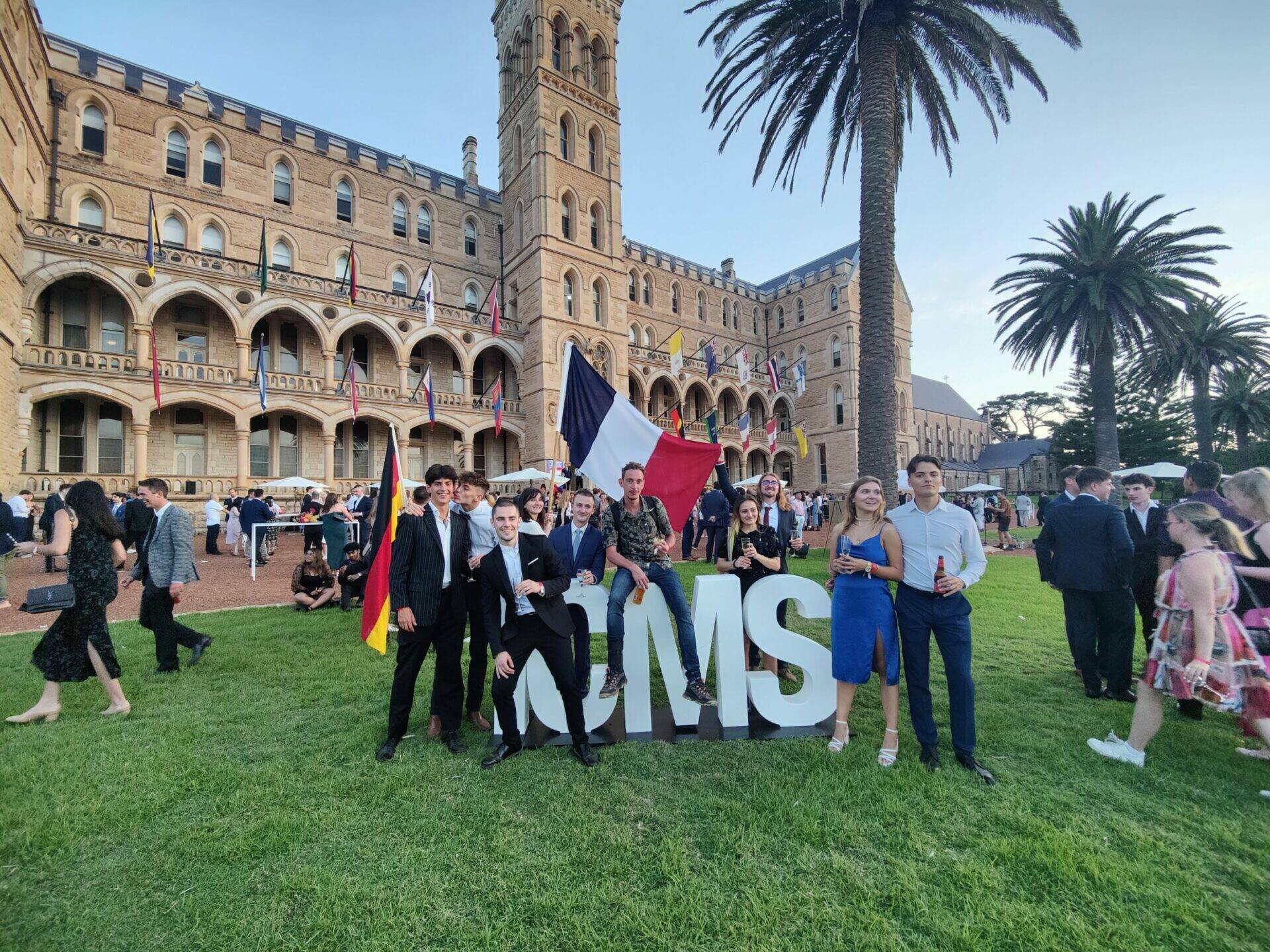Hospitality Manager
HOW TO BECOME A HOSPITALITY MANAGER FOR THE SPORTS INDUSTRY
Over time, the sports business has become a true industry. The sector has successfully positioned itself as a key player in the global economy. In fact, worldwide sporting events add real value to the GDP of host nations, and this through a variety of levers. Among other things, these events create jobs that bridge the gap between event participants and spectators. Hospitality manager is one such job.
What is a hospitality manager in the sports business?
This particular job targets a specific type of customer: VIPs. In fact, with the advent of sports events, more and more companies capitalize on event organization to nurture their customer relations. Hence, privileged customers have access to private boxes, official grandstands and business seats. Whether it’s for a rugby match or a tennis tournament, a variety of jobs are involved in keeping customers satisfied. Hospitality manager is one such job.
These professionals are responsible for marketing sports stadium spaces to offer privileged guests a unique experience. Guests can thus enjoy the sports performance in peace. They have access to tailored services. Admission conditions are not the same for VIPs as for the public, and they can enjoy a degree of prestige which is conducive to conducting business. These exceptional services help bring the different parties together and further develop their professional relations through exchange, if not by solving problems.
VIPs enjoy an exclusive environment to watch the sporting event, with food and drink to their liking, events organized specifically for them and even meet top level athletes at the end of the event.
Hospitality managers can work for a broad range of organizations, including professional sports federations, sports marketing and events agencies, and even sports leagues that organize large-scale sporting events. Hospitality programs are provided by such large groups.
Roland Garros and the Olympics both welcome privileged guests to VIP Villages. Hence, they need employees to welcome distinguished guests and look after them during their stay, as well as prior to the event to negotiate the services offered.
What are the duties of a hospitality manager?
To ensure impeccable service, a hospitality manager’s daily routine involves several responsibilities Their main task is to design commercial policy and hospitality services. These are the key to achieving sales and profitability targets.
To this end, hospitality managers must develop the different items on offer and then to monitor the whole production process. They must also sell these services. This means prospecting for customers, adapting the offer to their needs, to finally sign the contract after following up with the prospect if necessary.
To carry out this mission as best as possible, they call on various service providers. Then, selecting the highest-quality service is a lengthy process. Following this, hospitality managers choose with whom they wish to work, and then coordinate these vendors throughout the event.
Their role also includes some administrative tasks. They must ensure that invoicing and payment for services sold have been properly carried out, that files are properly monitored by the various relevant departments, and they must also monitor trends to adapt their offering accordingly. Similarly, they must review every event at the end to identify areas for improvement. All their activities, as well as the main lines of their BtoB business activities, are regularly integrated into a reporting system.
Key qualities and skills required of a hospitality manager in the sports industry
With so many different issues to handle, hospitality managers must be proactive at all times and manage their stress to perfection, to make sure that everything is ready on time. Excellent listening skills and availability are essential to properly coordinate teams. In short, they should demonstrate excellent management skills in their day-to-day role. Due to the high-profile nature of the events they coordinate, they must dress impeccably and be helpful and responsible. Moreover, they must demonstrate a high dose of creativity to innovate and regularly update their sales offer. An excellent knowledge of sports, good sports marketing skills and business acumen, will ensure they unfailingly hit the mark. In addition, they should:
- Be fluent in English and at least in one other foreign language. This is mandatory to interact with an international clientele. They will also appreciate the opportunity to exchange in their mother tongue.
- A talent for negotiation, knowing when and how to apply appropriate sales techniques to place different services. This is very useful to sign contracts that will boost sales.
- A high sense of organization. This is essential to successfully perform in a role where one is always on the ball. Hospitality managers should also have excellent command of IT tools, which are a valuable help in their role.
Salary and career prospects for a hospitality manager
Compensation depends on several factors. On number of years of experience or customer feedback, for example. Sales incentives may also be applicable. However, the average gross monthly salary is around €2,000.
Hospitality managers can move up the career ladder by working for increasingly prestigious international events, taking care of VIP customers and leading an entire team dedicated to the event.
What qualifications are required to become a hospitality manager in the sports industry?
To be eligible for this position, it is advisable to complete a 3-year post-baccalaureate training program, such as a Bachelor’s or Bachelor’s degree specialized in sports-related professions.
Students can then continue on to a Master’s degree to develop their skills in sport business, law, sports economics, marketing or sports management.
Work experience, case studies in partnership with key players in the world of sport, and international experience will make all the difference on a CV when entering the highly competitive world of work.
This particular job targets a specific type of customer: VIPs. In fact, with the advent of sports events, more and more companies capitalize on event organization to nurture their customer relations. Hence, privileged customers have access to private boxes, official grandstands and business seats. Whether it’s for a rugby match or a tennis tournament, a variety of jobs are involved in keeping customers satisfied. Hospitality manager is one such job.
These professionals are responsible for marketing sports stadium spaces to offer privileged guests a unique experience. Guests can thus enjoy the sports performance in peace. They have access to tailored services. Admission conditions are not the same for VIPs as for the public, and they can enjoy a degree of prestige which is conducive to conducting business. These exceptional services help bring the different parties together and further develop their professional relations through exchange, if not by solving problems.
VIPs enjoy an exclusive environment to watch the sporting event, with food and drink to their liking, events organized specifically for them and even meet top level athletes at the end of the event.
Hospitality managers can work for a broad range of organizations, including professional sports federations, sports marketing and events agencies, and even sports leagues that organize large-scale sporting events. Hospitality programs are provided by such large groups.
Roland Garros and the Olympics both welcome privileged guests to VIP Villages. Hence, they need employees to welcome distinguished guests and look after them during their stay, as well as prior to the event to negotiate the services offered.
To ensure impeccable service, a hospitality manager’s daily routine involves several responsibilities Their main task is to design commercial policy and hospitality services. These are the key to achieving sales and profitability targets.
To this end, hospitality managers must develop the different items on offer and then to monitor the whole production process. They must also sell these services. This means prospecting for customers, adapting the offer to their needs, to finally sign the contract after following up with the prospect if necessary.
To carry out this mission as best as possible, they call on various service providers. Then, selecting the highest-quality service is a lengthy process. Following this, hospitality managers choose with whom they wish to work, and then coordinate these vendors throughout the event.
Their role also includes some administrative tasks. They must ensure that invoicing and payment for services sold have been properly carried out, that files are properly monitored by the various relevant departments, and they must also monitor trends to adapt their offering accordingly. Similarly, they must review every event at the end to identify areas for improvement. All their activities, as well as the main lines of their BtoB business activities, are regularly integrated into a reporting system.
With so many different issues to handle, hospitality managers must be proactive at all times and manage their stress to perfection, to make sure that everything is ready on time. Excellent listening skills and availability are essential to properly coordinate teams. In short, they should demonstrate excellent management skills in their day-to-day role. Due to the high-profile nature of the events they coordinate, they must dress impeccably and be helpful and responsible. Moreover, they must demonstrate a high dose of creativity to innovate and regularly update their sales offer. An excellent knowledge of sports, good sports marketing skills and business acumen, will ensure they unfailingly hit the mark. In addition, they should:
- Be fluent in English and at least in one other foreign language. This is mandatory to interact with an international clientele. They will also appreciate the opportunity to exchange in their mother tongue.
- A talent for negotiation, knowing when and how to apply appropriate sales techniques to place different services. This is very useful to sign contracts that will boost sales.
- A high sense of organization. This is essential to successfully perform in a role where one is always on the ball. Hospitality managers should also have excellent command of IT tools, which are a valuable help in their role.
Compensation depends on several factors. On number of years of experience or customer feedback, for example. Sales incentives may also be applicable. However, the average gross monthly salary is around €2,000.
Hospitality managers can move up the career ladder by working for increasingly prestigious international events, taking care of VIP customers and leading an entire team dedicated to the event.
To be eligible for this position, it is advisable to complete a 3-year post-baccalaureate training program, such as a Bachelor’s or Bachelor’s degree specialized in sports-related professions.
Students can then continue on to a Master’s degree to develop their skills in sport business, law, sports economics, marketing or sports management.
Work experience, case studies in partnership with key players in the world of sport, and international experience will make all the difference on a CV when entering the highly competitive world of work.






